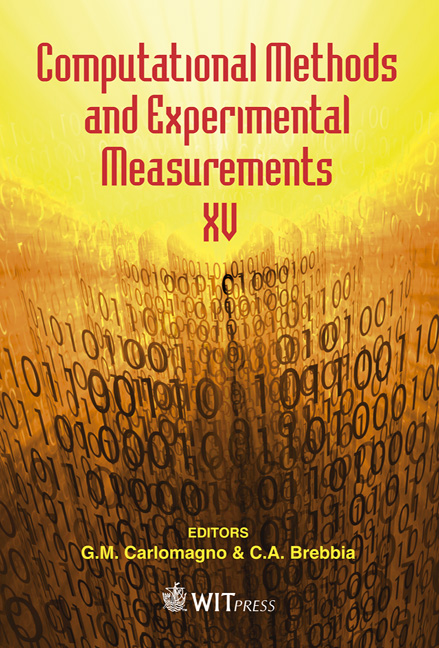The Exponentially Weighted Moving Average Applied To The Control And Monitoring Of Varying Sample Sizes
Price
Free (open access)
Transaction
Volume
51
Pages
11
Page Range
3 - 13
Published
2011
Size
407 kb
Paper DOI
10.2495/CMEM110011
Copyright
WIT Press
Author(s)
J. E. Everett
Abstract
The exponentially weighted moving average (EWMA) can be used to report the smoothed history of a production process, and has some considerable advantages over a simple moving average (MA). Discussion of these advantages includes comparison of the filter characteristics of the EWMA and MA in the frequency domain. It is shown that the EWMA provides a much smoother filter than does the MA, and the corresponding implications of this difference are examined in the time domain. In smoothing a production process, the successive entities being smoothed commonly have varying \“weights”, where the weights may be such quantities as tonnage, value or time interval. Standard textbook treatments of moving averages and exponential smoothing are generally confined to equal spaced data of equal weight. Adapting the average to cope with items of varying weight is shown to be trivial for the case of MA, but is not so obvious for the EWMA. This paper shows how the exponential smoothing constant has to be adapted to provide a consistent EWMA. Applications of the EWMA in process control are discussed, with particular reference to quality control in the mining industry. Keywords: quality control, forecasting, exponential smoothing, sample size. 1 Introduction It is common to consider a series of observations, xn, where each observation is equivalently spaced in time or distance or some other relevant dimension. For forecasting and for system control purposes, it is useful to have some summary of the performance up to the nth observation.
Keywords
quality control, forecasting, exponential smoothing, sample size





